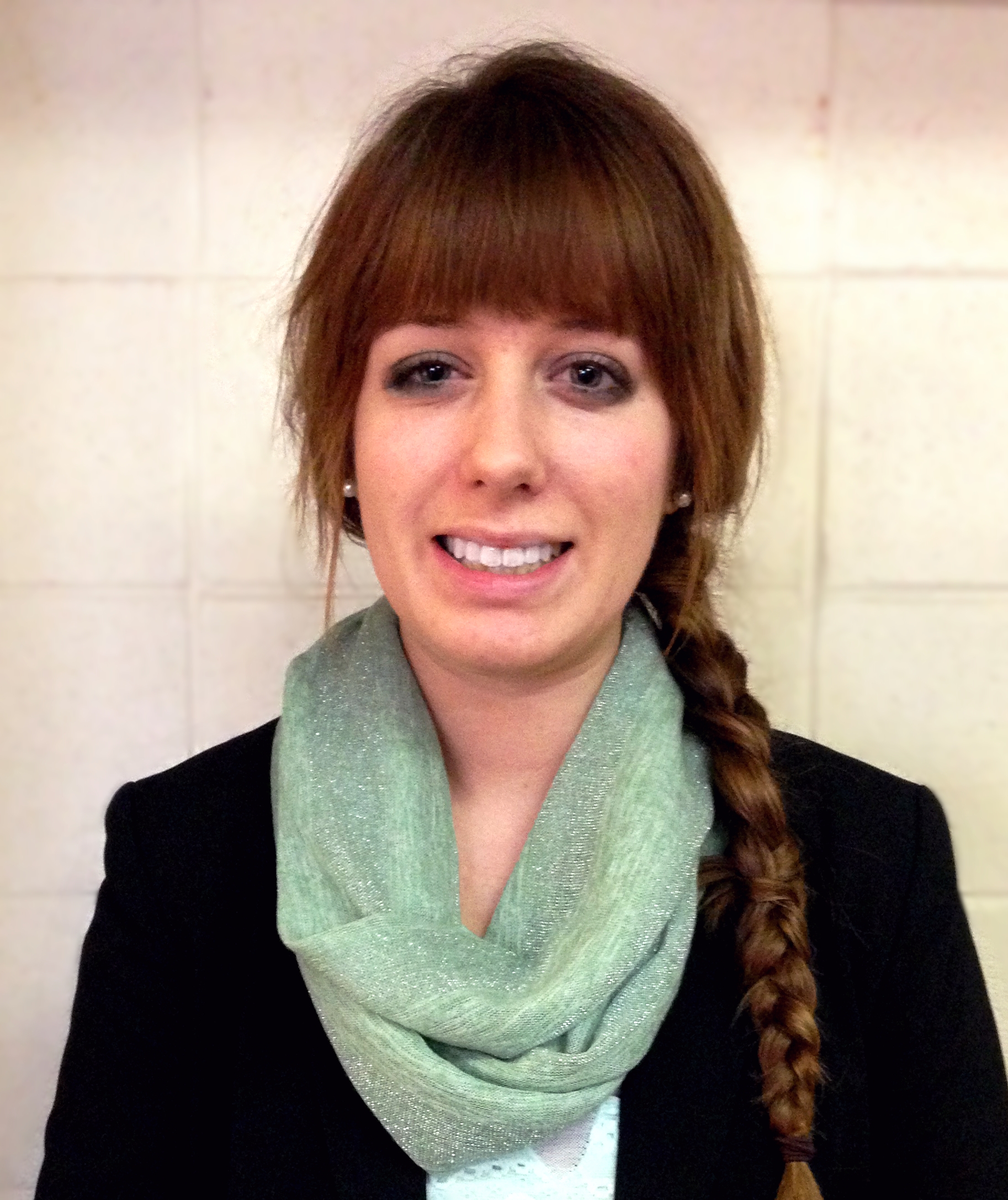Celebration of Scholars
Strengthening the Electorate by Improving the Role of Student Government in United States Colleges
 Name:
Diane Hahn
Name:
Diane Hahn
Major: Political Science and French
Hometown: West Fargo, ND
Faculty Sponsor: Jerald Mast
Other Sponsors:
Type of research: Senior thesis
Abstract
Young voters at the collegiate level are developing habits that will carry forward into their later years, impacting the future of the electoral system. This relationship makes it pertinent for colleges to improve the role of student governments in the United States, reducing disaffection and strengthening the perceived political efficacy of the electorate. After an exploration of the history, structure, and purpose of student government, this thesis describes political socialization theory, electoral behavior, and political efficacy to make a connection to students’ interaction with college governance. Then, past studies will show where improvements in student government’s role should occur to help to fulfill the purpose of college. Finally, a case study of a Midwest liberal arts college in the United States provides insight into the perceptions of using student government as a pedagogical method for encouraging an engaged electorate, recommending further studies of its kind at other colleges. This thesis suggests that student government’s role can be improved by ensuring student government adequately represents the students, by improving communication between faculty and administration, and most importantly, by educating the college about the benefits of student government as a pedagogical experience to promote the overall purpose of higher education.
Submit date: March 18, 2014, 5:43 p.m.
